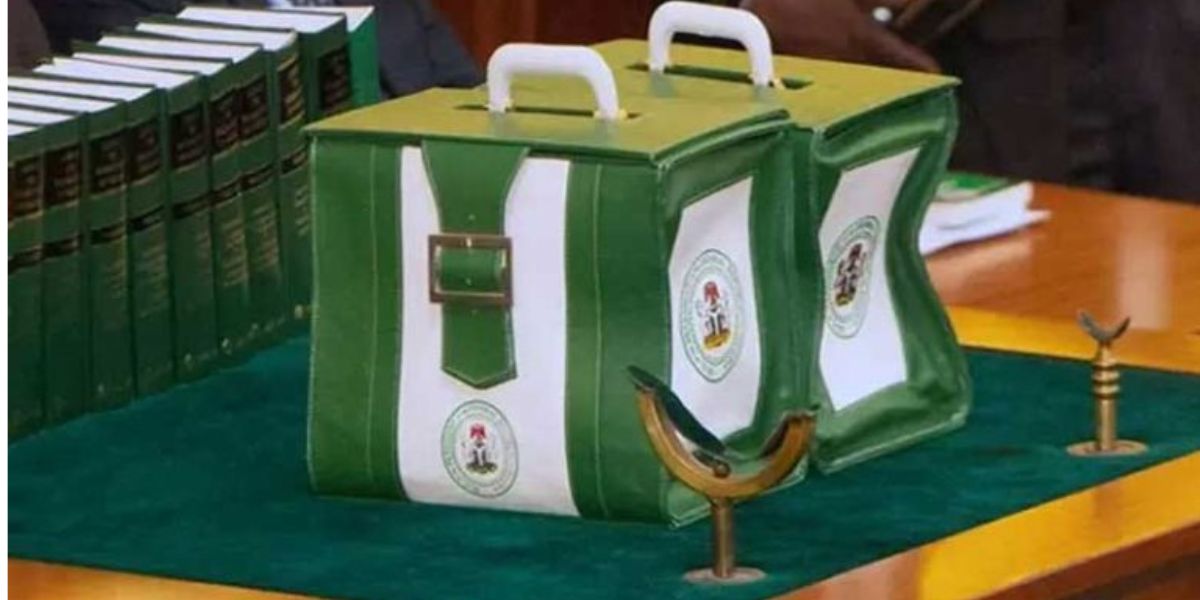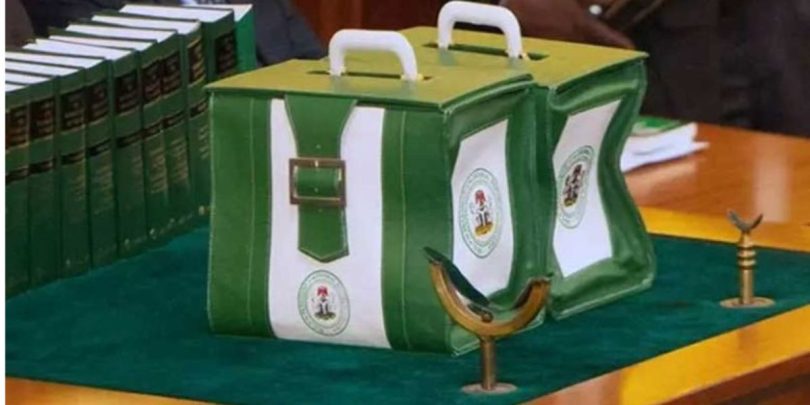
The Civil Society Legislative Advocacy Centre (CISLAC) has voiced serious concerns over President Bola Ahmed Tinubu’s proposal to raise Nigeria’s 2025 budget from ₦49.7 trillion to ₦54.2 trillion.
According to reports, CISLAC described the move as unprecedented and potentially unconstitutional. Speaking in Abuja on Thursday, CISLAC Executive Director Auwal Musa Rafsanjani warned that while the budget increase is reportedly backed by additional revenues from key government agencies, it raises significant governance and fiscal management concerns.
Rafsanjani, who also leads Transparency International Nigeria, criticized the manner in which the budget increment was introduced.
He pointed out that instead of adhering to constitutional requirements by presenting a supplementary appropriation bill, the executive branch merely sent a notification letter to the National Assembly.
Citing Section 81(4) of the 1999 Constitution, Rafsanjani emphasized that any shortfall in appropriated funds or the need for additional expenditure should be addressed through a formal supplementary budget presented to the National Assembly for approval.
“The cited additional revenues were not unexpected; failing to account for them in the initial budget reflects poor fiscal foresight,” he stated.
Threat to Fiscal Oversight and Rising Debt Burden
Rafsanjani cautioned that bypassing legislative scrutiny on major budgetary adjustments could undermine Nigeria’s constitutional checks and balances, thereby weakening the National Assembly’s role in fiscal oversight.
“This unilateral approach undermines the constitutional principle of checks and balances and sidelines the legislature’s critical role in fiscal oversight,” he added.
He also expressed concern over Nigeria’s growing national debt, warning that the budget increase comes at a time when the country is struggling with soaring debt servicing costs.
“In 2025, Nigeria allocated ₦16.32 trillion for debt servicing, a steep rise from ₦712 billion in 2014,” Rafsanjani noted. He further highlighted that many debt-financed infrastructure projects remain incomplete or abandoned, citing the Kaduna-Abuja Highway as an example.
To promote fiscal sustainability, CISLAC urged the federal government to prioritize internally generated revenue (IGR) rather than increasing reliance on external borrowing.
The organization recommended that instead of pursuing large-scale, debt-funded projects, the government should focus on smaller, practical infrastructure developments that can be efficiently completed.
“CISLAC advises leveraging internally generated revenue to fund smaller, realistic projects that can be completed efficiently, reducing dependence on loans and ensuring tangible benefits for citizens,” Rafsanjani stated.
CISLAC further called for thorough scrutiny of all budgetary allocations to ensure alignment with Nigeria’s fiscal priorities, urging the National Assembly to resist arbitrary budget adjustments that bypass proper legislative processes.








